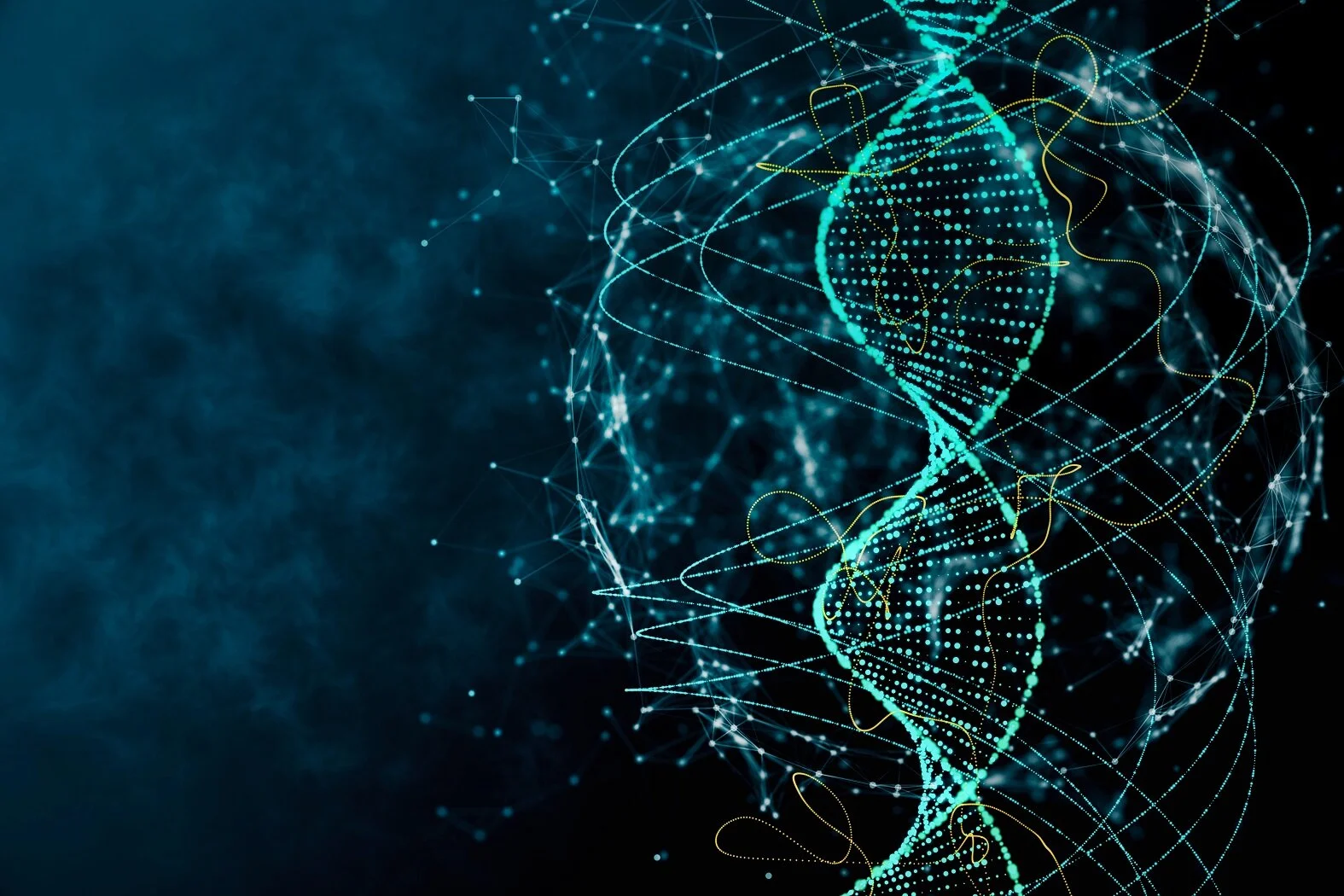After the historic Apollo Missions, which saw humans set foot on another celestial body for the first time in history, NASA and the Russian Space Agency (Roscosmos) began to shift their priorities away from pioneering space exploration and began to focus on developing long-term capabilities in space. In the ensuing decades (from the 1970s to 1990s), both agencies began to build and deploy space stations, each one bigger and more complex than the last.
Why are most people right handed? The answer may be in the mouths of our ancestors
Roughly 90% of humans are right-handed and this is one of the traits that separates us from most other primates who don’t really show any overall preference for left or right handedness. It’s believed that handedness played an important role in human evolution, with a recent study on the earliest evidence of right-handedness in the fossil record shedding light on when and why this trait arose. Interestingly, the clues were found not in our ancient hands, but in our ancient teeth.
A hidden code in our DNA explains how new pieces of genes are made
We’re all here because of mutations. Random changes in genes are what creates variety in a species, and this is what allows it to adapt to new environments and eventually evolve into completely new species. But most random mutations actually disrupt the functions of our genes and so are a common source of genetic diseases.
How the brain helps the body fight bacteria
The brain may not only control our thoughts and basic physical functions. Recent studies indicate that it also controls the way our body responds to the threat of bacterial infections. It does this by boosting the production of a protective molecule called PCTR1 that helps white blood cells kill the invading bacteria.
Explainer: we can learn a lot from the changing night sky
What Are Fossil Fuels?
The term “fossil fuels” is thrown about quite a lot these days. More often than not, it comes up in the context of environmental issues, Climate Change, or the so-called “energy crisis”. In addition to be a major source of pollution, humanity’s dependence on fossil fuels has led to a fair bit of anxiety in recent decades, and fueled demands for alternatives.
How Do Wind Turbines Work?
Too many tabs – why some people can multitask online and others can’t
The internet may be the most comprehensive source of information ever created but it’s also the biggest distraction. Set out to find an answer on the web and it’s all too easy to find yourself flitting between multiple tabs, wondering how you ended up on a page so seemingly irrelevant to the topic you started on.
Always forget to keep your New Year’s resolutions? Smoking and drinking could be why
What Is The Closest Galaxy To The Milky Way
Scientists have known for some time that the Milky Way Galaxy is not alone in the Universe. In addition to our galaxy being part of the Local Group – a collection of 54 galaxies and dwarf galaxies – we are also part of the larger formation known as the Virgo Supercluster. So you could say the Milky Way has a lot of neighbors.
What Is An Ice Age
Scientists have known for some time that the Earth goes through cycles of climatic change. Owing to changes in Earth’s orbit, geological factors, and/or changes in Solar output, Earth occasionally experiences significant reductions in its surface and atmospheric temperatures. This results in long-term periods of glaciation, or what is more colloquially known as an “ice age”.
Do humans need dairy? Here’s the science
Five ways Christmas affects your brain
Christmas is a time of year like no other; gifts are exchanged, little-spoken-to relatives are contacted, and appetising treats are consumed with great gusto. Christmas can be both a time of stress and a time of relaxation. But whether you love or hate Christmas it’s pretty difficult to avoid – and so your brain may be altered by the experience one way or another. Here are some of the main facets of the Christmas experience, and how they might affect your brain.
How Do We Colonize Saturn's Moons
From the 17th century onward, astronomers made some profound discoveries around the planet Saturn, which they believed was the most distant planet of the Solar System at the time. Christiaan Huygens and Giovanni Domenico Cassini were the first, spotting the largest moons of Saturn – Titan, Tethys, Dione, Rhea and Iapetus. More discoveries followed; and today, what we recognized as the Saturn system includes 62 confirmed satellites.
Festive nebulae light up Milky Way Galaxy satellite
Cosmic ‘Winter’ Wonderland
Why were there so many dinosaur species?
A new species of dinosaur is described, on average, every ten days. As many as 31 species have already been reported this year and we can expect a few more before 2016 is over. Of course, figuring out what counts as a distinct species is a tricky problem. Palaeontologists are argumentative by nature, so getting any two of them to agree on a definitive list of species is probably impossible. But by anyone’s count, there were a lot of them – 700 or 800 that we know of, probably thousands in total. So how did the dinosaurs become so diverse?
Ice ages have been linked to the Earth’s wobbly orbit – but when is the next one?
Planets Could Travel Along With Rogue 'Hypervelocity' Stars, Spreading Life Throughout The Universe
How Strong Is The Force Of Gravity On Earth?
Gravity is a pretty awesome fundamental force. If it wasn’t for the Earth’s comfortable 1 g, which causes objects to fall towards the Earth at a speed of 9.8 m/s², we’d all float off into space. And without it, all us terrestrial species would slowly wither and die as our muscles degenerated, our bones became brittle and weak, and our organs ceased to function properly.












